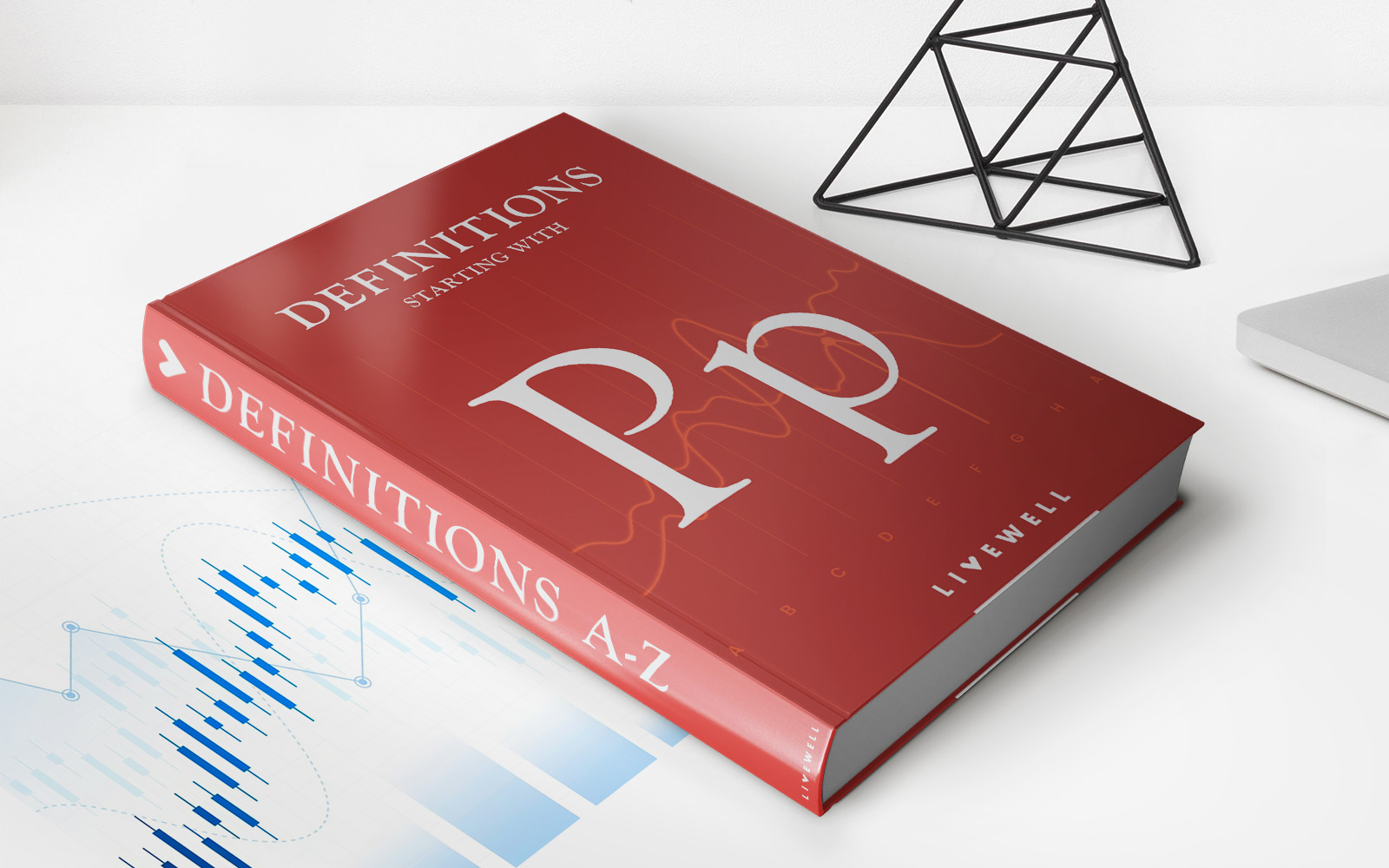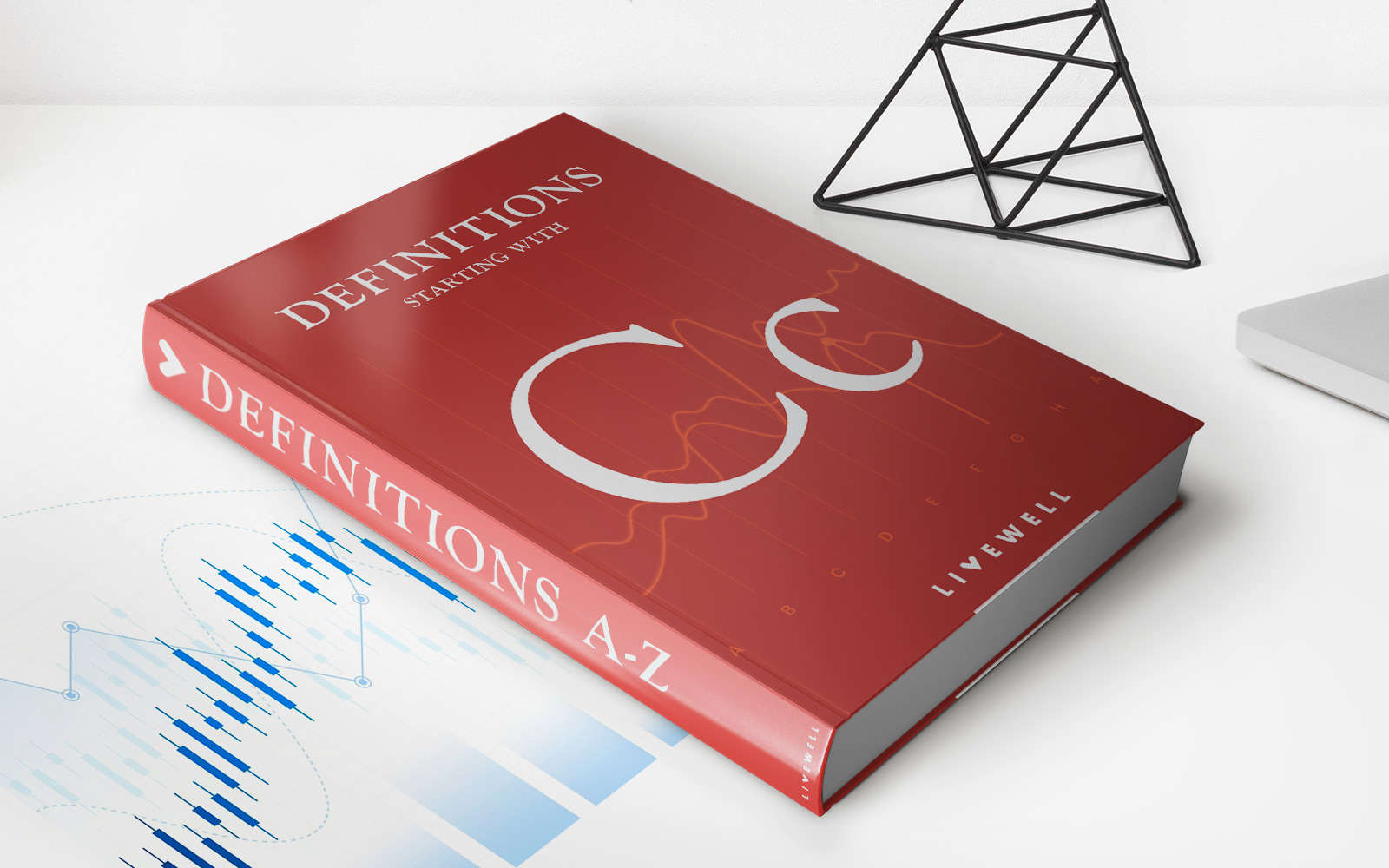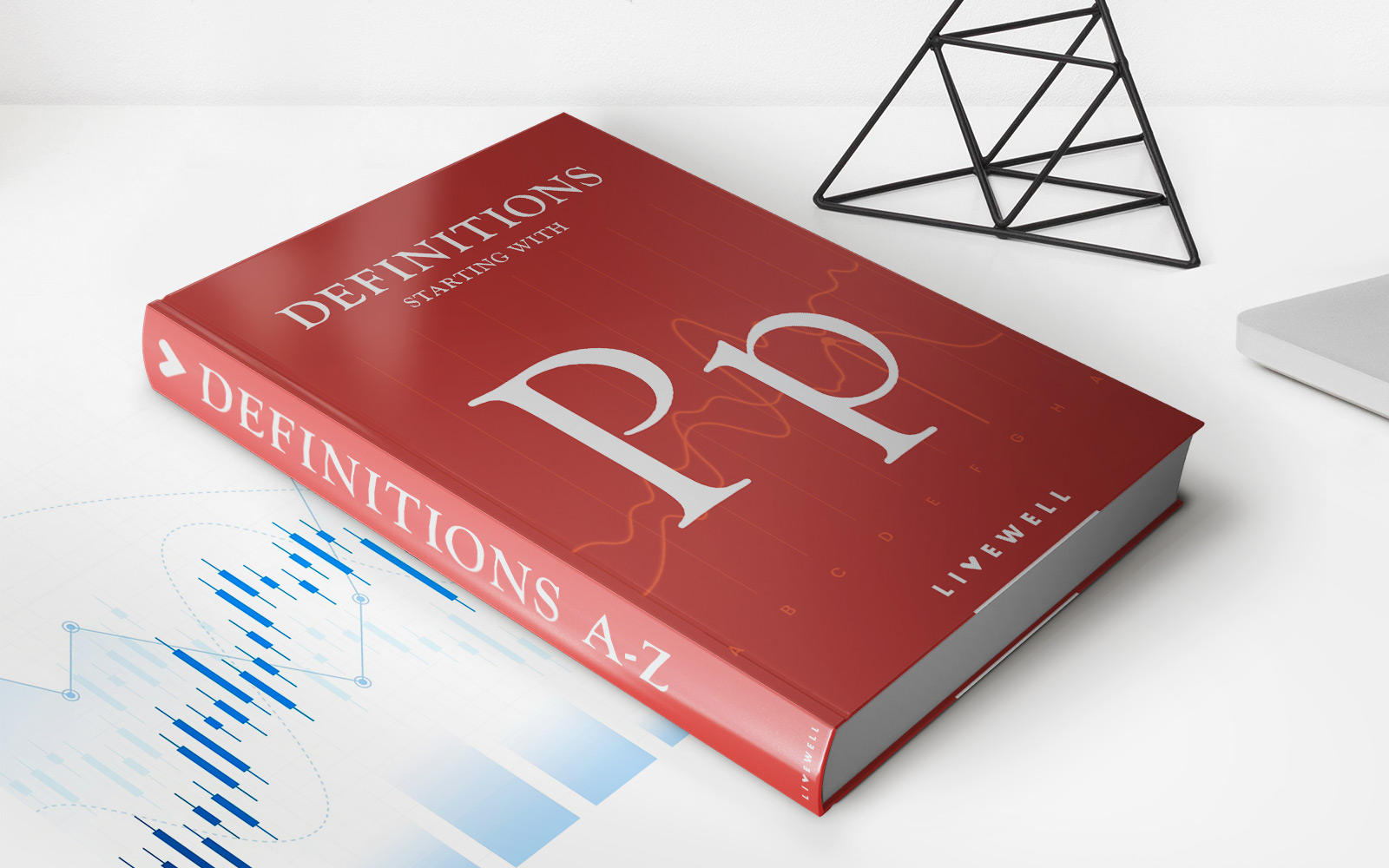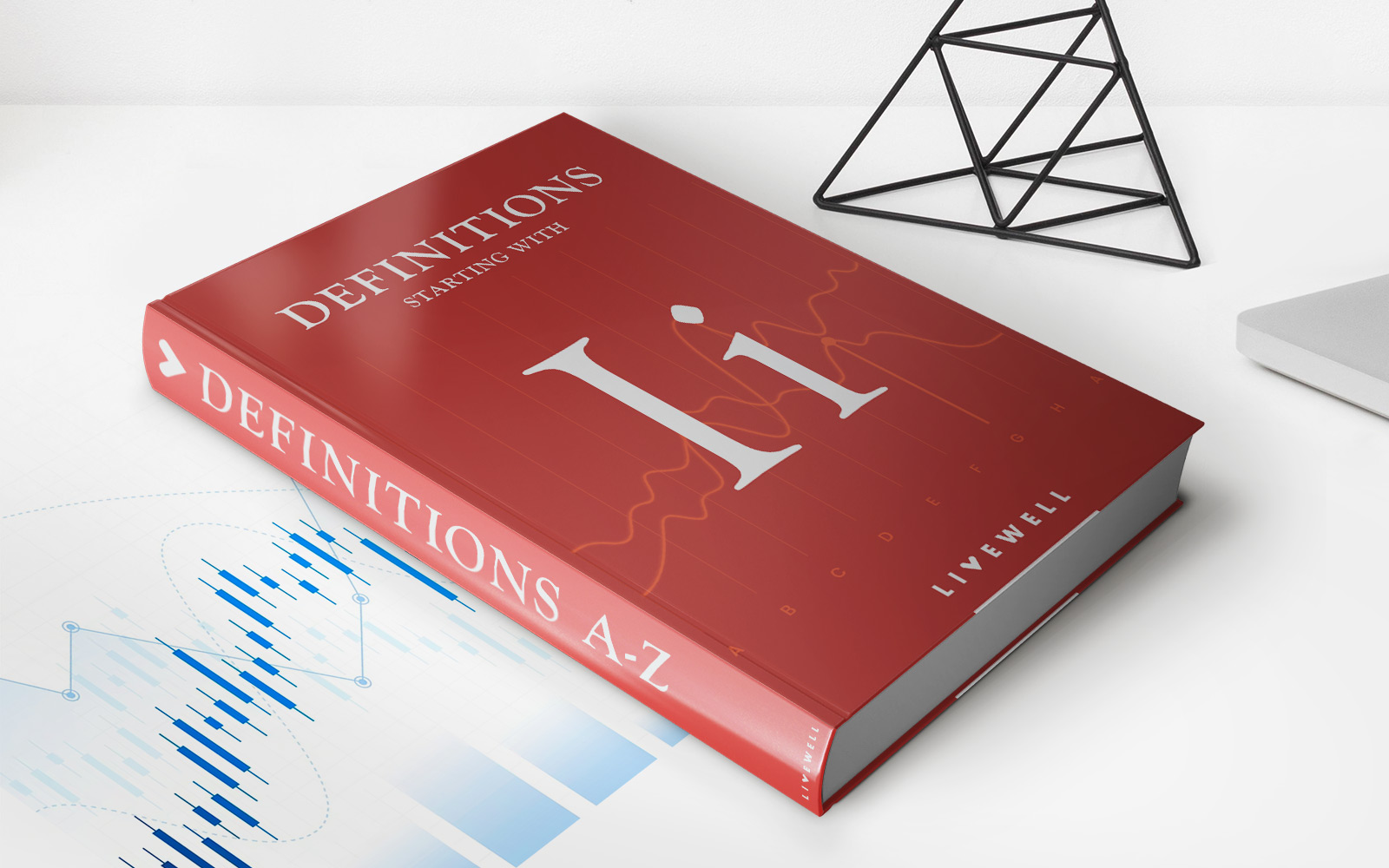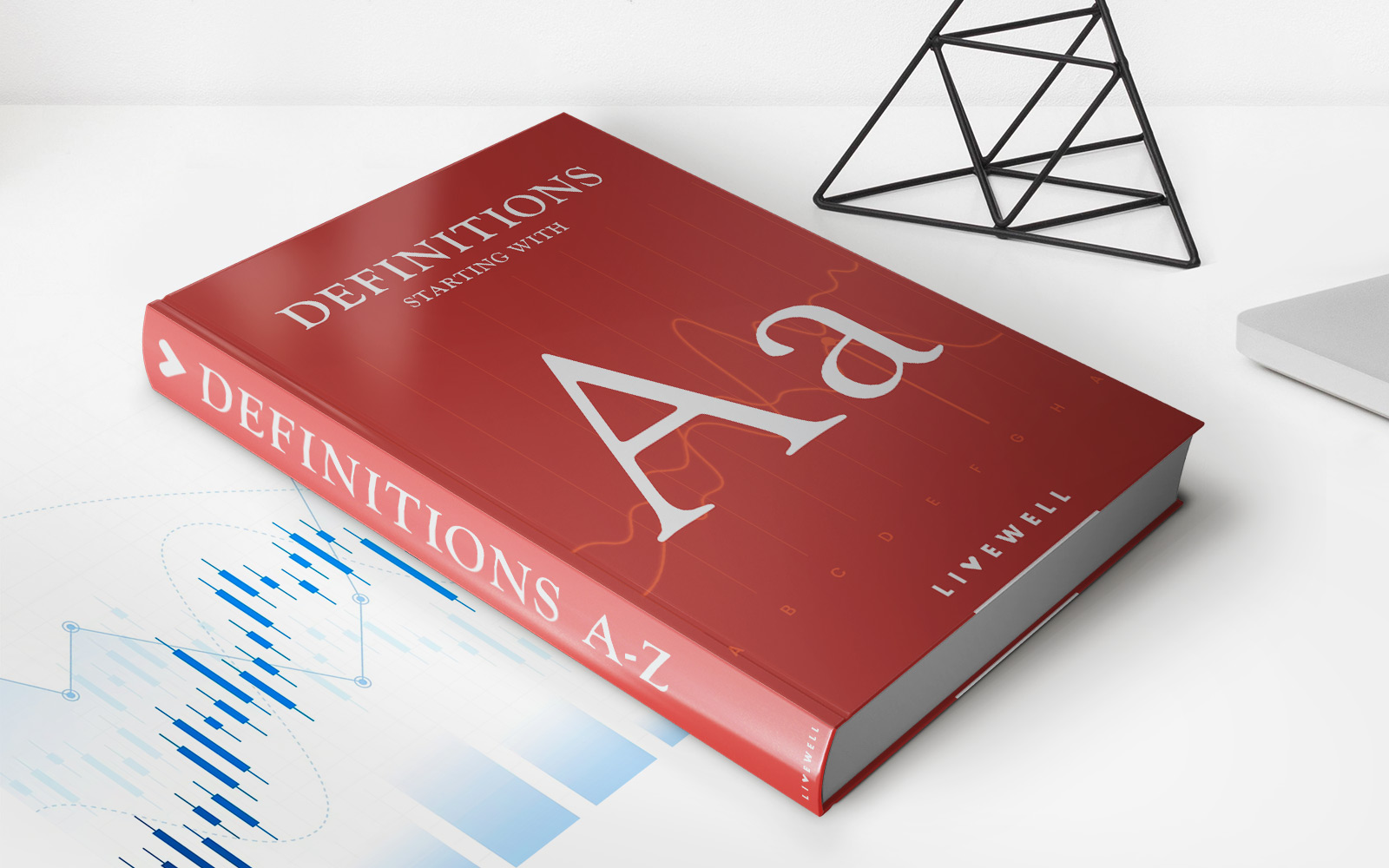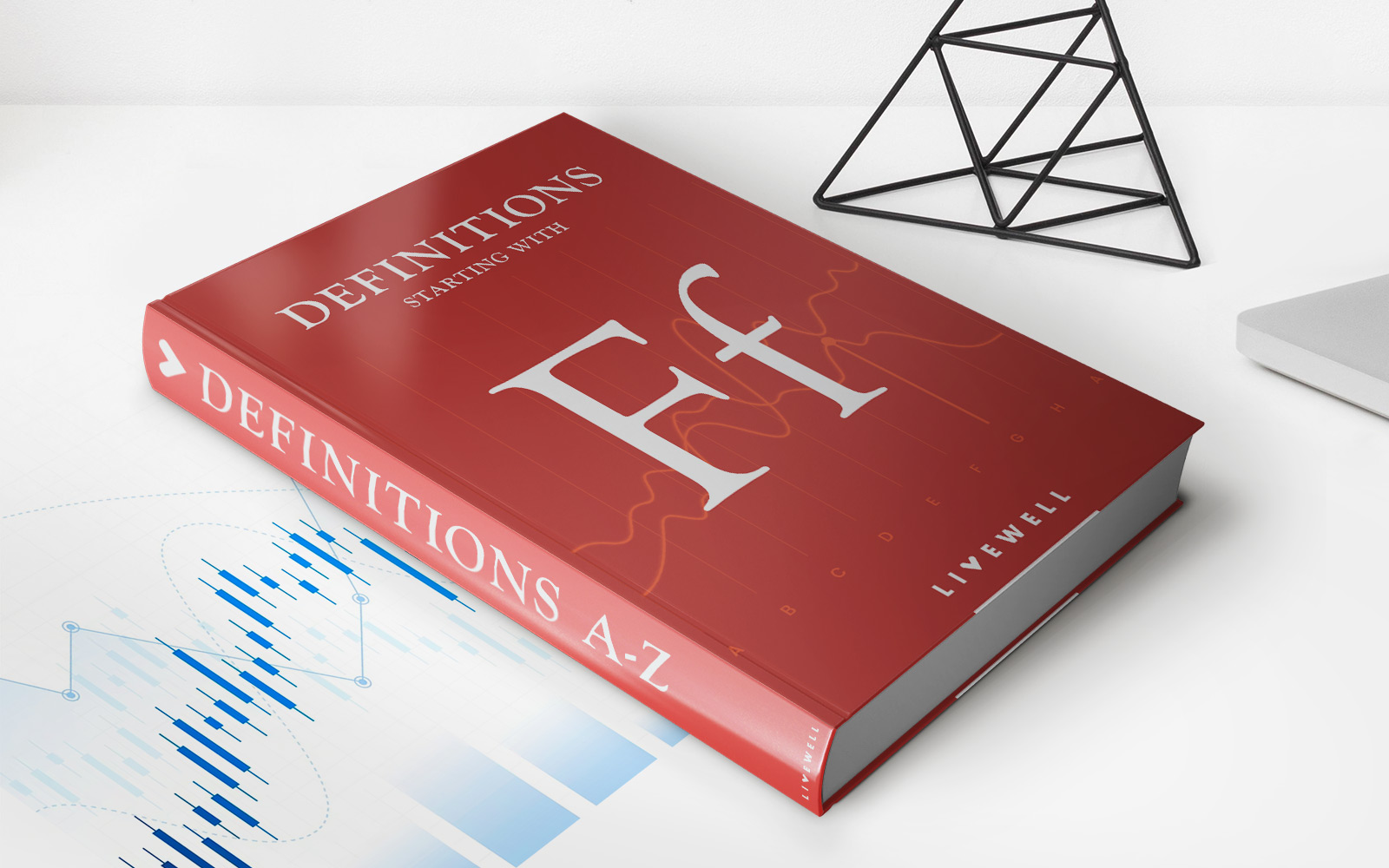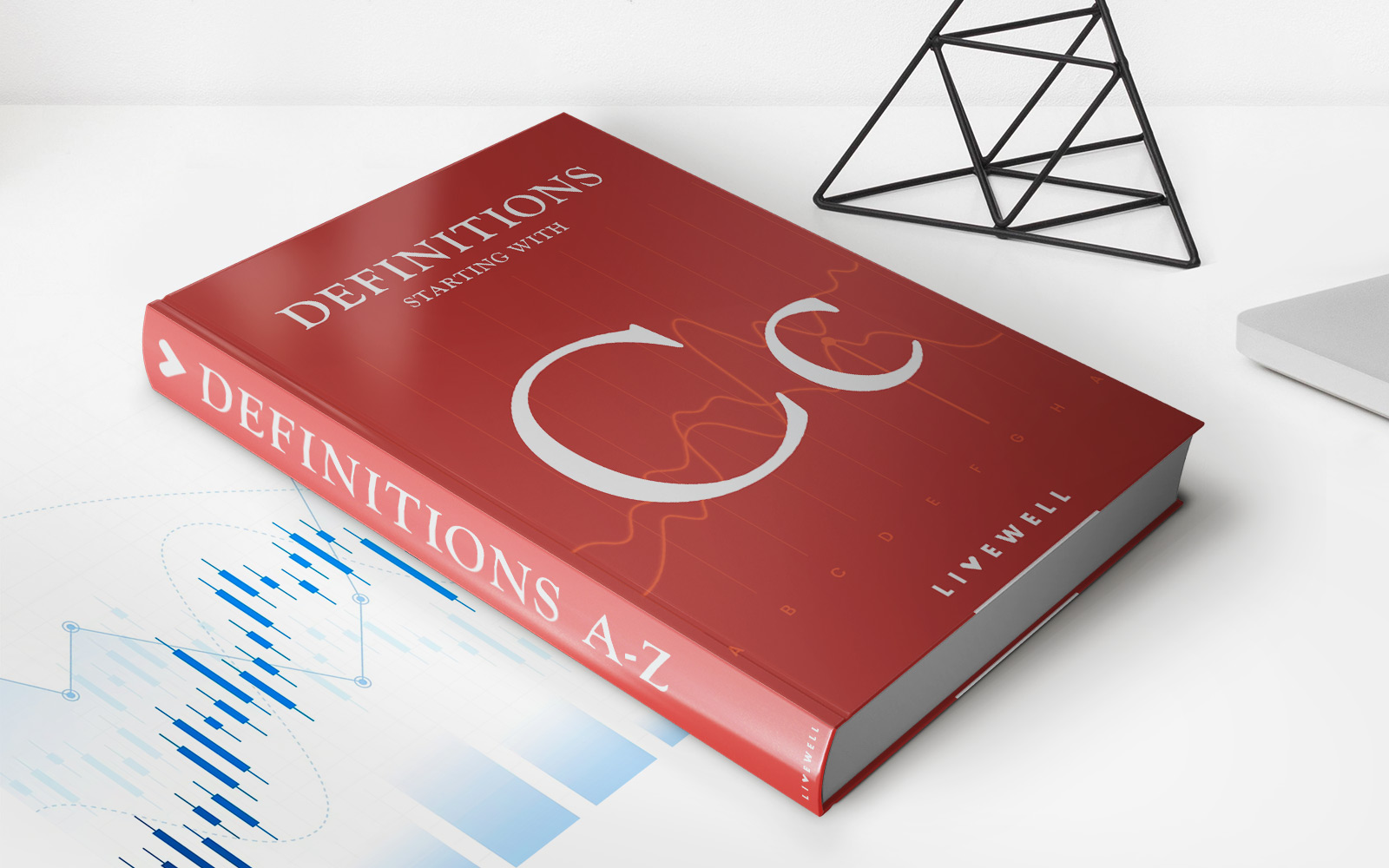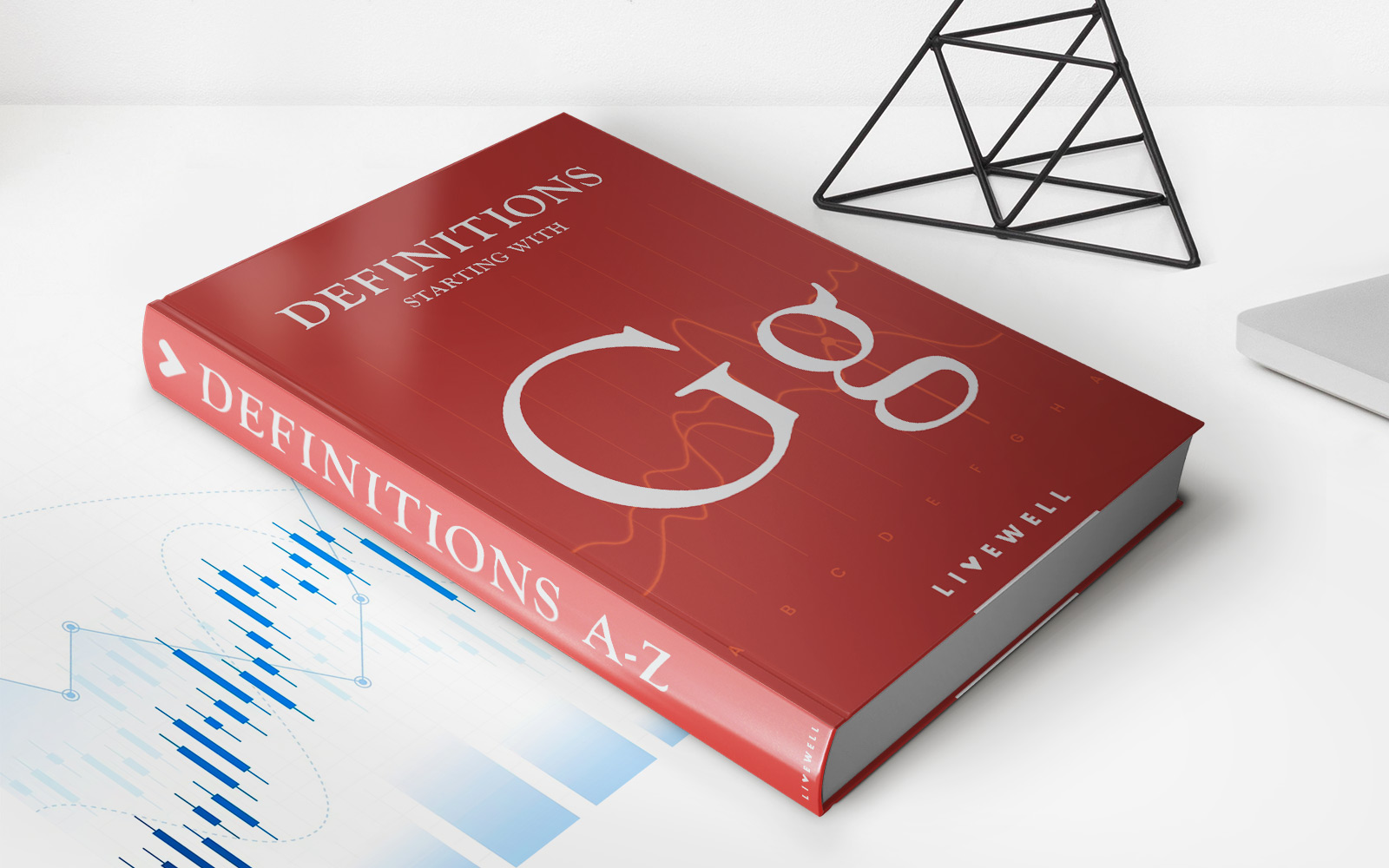Home>Finance>Property Insurance: Definition And How Coverage Works
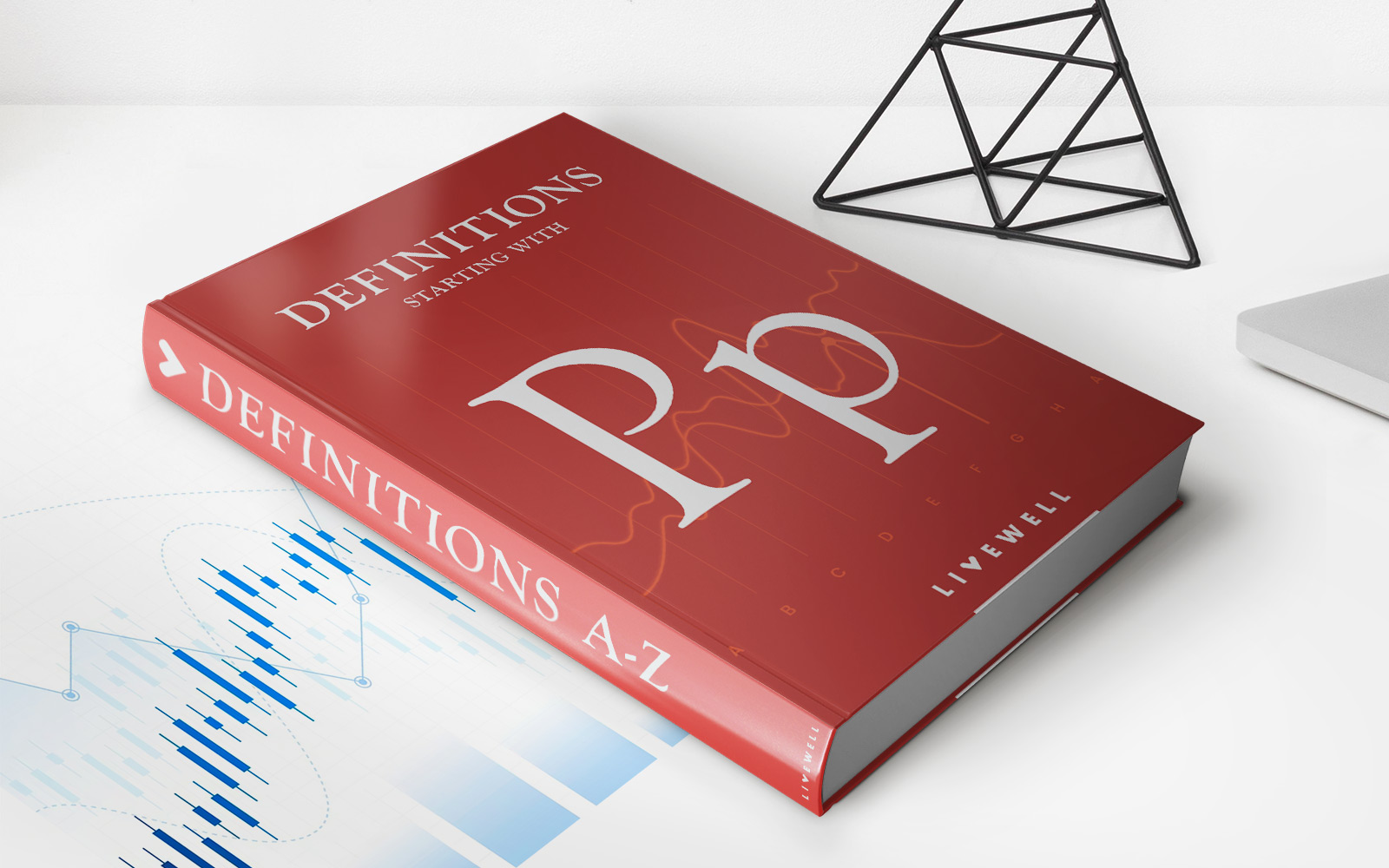

Finance
Property Insurance: Definition And How Coverage Works
Modified: January 22, 2024
Learn about property insurance and how it works to provide coverage for your assets. Understand the definition and importance of this financial instrument.
(Many of the links in this article redirect to a specific reviewed product. Your purchase of these products through affiliate links helps to generate commission for LiveWell, at no extra cost. Learn more)
Property Insurance: Definition and How Coverage Works
In today’s uncertain world, protecting our valuables and assets is of utmost importance. As a responsible individual, securing insurance coverage on your property can provide you with peace of mind in the face of unexpected losses or damages. But what exactly is property insurance, and how does coverage work? In this blog post, we’ll explore the ins and outs of property insurance and shed light on its significance in safeguarding your financial well-being.
Key Takeaways:
- Property insurance provides coverage for potential losses or damages to your home, belongings, or other properties.
- Types of property insurance include homeowners insurance, renters insurance, and commercial property insurance.
What is Property Insurance?
Property insurance is a type of insurance coverage that protects your tangible assets from various perils such as fire, theft, vandalism, or natural disasters. It offers financial compensation in the event of damage or loss, enabling you to recover and rebuild without shouldering the entire burden alone.
So, how does property insurance work?
Property insurance works by transferring the risk of potential loss or damage to an insurance provider in exchange for a premium. Here’s a step-by-step breakdown of how coverage typically works:
- Evaluation: The insurance company assesses the value of your property, including its location, size, condition, and any special features or additions.
- Policy Selection: Based on the evaluation, you choose a policy that best suits your needs. There are various types of property insurance, such as homeowners insurance, renters insurance, and commercial property insurance, each tailored to specific situations.
- Premium Payment: You pay regular premiums to the insurance company, usually on an annual or monthly basis, to maintain coverage.
- Loss or Damage: If your property experiences a covered loss or damage, you must report the incident to your insurance provider as soon as possible.
- Claim Evaluation: An insurance adjuster visits your property to assess the extent of the loss or damage and determine the claim value based on your policy coverage.
- Claim Settlement: Upon approval of your claim, your insurance provider will reimburse you for the covered loss or damage, allowing you to repair, rebuild, or replace the affected property.
It is essential to review your policy carefully, understanding its coverage limits, deductibles, and exclusions. Different policies may have specific conditions or requirements that need to be met to qualify for coverage.
Benefits of Property Insurance
Property insurance offers numerous benefits, especially in unexpected and challenging situations. Here are a few advantages of having property insurance coverage:
- Financial Protection: Property insurance provides financial support to recover from losses or damages, preventing a significant financial setback.
- Personal Liability Coverage: Many property insurance policies also include personal liability coverage, which protects you in the event someone is injured on your property.
- Security for Lenders: If you have a mortgage or loan on your property, insurance coverage may be required by the lender as a condition for the loan. It helps protect their investment in the event of damage or loss.
- Peace of Mind: Having property insurance gives you peace of mind, allowing you to focus on more important things knowing that your belongings and investment are protected.
Remember to regularly review your insurance policy to ensure it adequately covers your current needs. If any changes occur, such as renovations or new purchases, inform your insurance provider to update your coverage accordingly.
Property insurance is an essential component of financial security and protection. By understanding its definition and how coverage works, you can make informed decisions to safeguard your property and assets. Don’t leave your valuable belongings or investments vulnerable – lock in the protection of property insurance and enjoy peace of mind.

